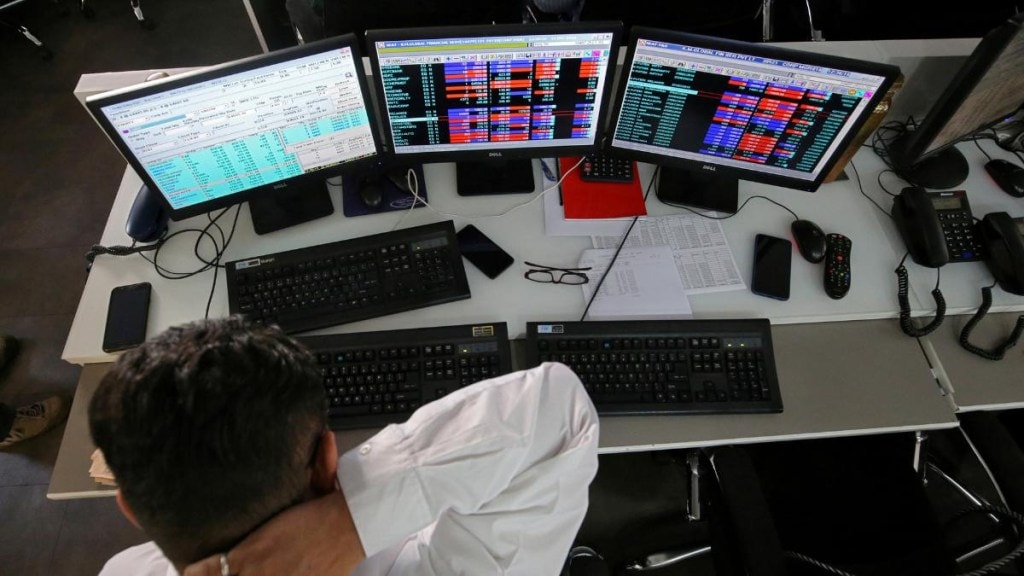Foreign institutional investors (FII) offloaded shares worth net Rs 3,364.22 crore, while domestic institutional investors (DII) added shares worth net Rs 2,711.48 crore on September 28, 2023, according to the provisional data available on the NSE.
For the month till September 28, 2023, FIIs sold shares worth net Rs 25,006.46 crore, while DIIs bought shares worth net Rs 17,561.16 crore. In the month of August, FIIs offloaded shares worth net Rs 20,620.65 crore while DIIs added equities worth net Rs 25.16.95 crore.
“Sustained FII selling may continue to weigh on markets. FII selling of Rs 25000 crores this month has pulled down the banking stocks making their valuations attractive. The Q2 results of the banking segment will be good and the market can respond positively to this. This is a safe bet now. The US PCE inflation data expected tonight is significant since it can indicate the trajectory of US inflation and interest rates,” said V K Vijayakumar, Chief Investment Strategist at Geojit Financial Services.
On Thursdays, the market witnessed a sharp sell-off and benchmark domestic indices settled in red. The NSE Nifty 50 tumbled 192.90 points, or 0.98%, to settle at 19,523.55, while the BSE Sensex tanked 610.37 points to 65,508.32.
Foreign institutional investors (FII) or Foreign portfolio investors (FPI) are those who invest in the financial assets of a country while not being part of it. On the other hand, domestic institutional investors (DII), as the name suggests, invest in the country they’re living in. Political and economic trends impact the investment decisions of both FIIs and DIIs. Additionally, both types of investors – foreign institutional investors (FIIs) and domestic institutional investors (DIIs) – can impact the economy’s net investment flows.

